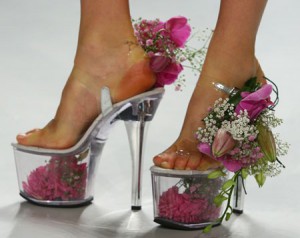 You don’t realize how hard you bite until you bite your own tongue.
You don’t realize how hard you bite until you bite your own tongue.
I overheard this comment in the produce section of my grocery store recently. Two women were talking in front of the daily free sample: glistening red strawberries proffered in little white cups. Given that they were laughing, I assumed the comment was reflective rather than indicative of recently inflicted pain.
Biting my tongue made me think of biting back words, and that led me to contemplate the power we yield with our words, both those spoken and those written. I’m familiar with that power as a writer and as a reader too. It’s clear when the words in a particular passage lift me up or bring me down. The simple prose of a story or a poem can, and has, moved me to tears.
But we rarely contemplate the power of our spoken words. Since I overheard this comment right when Anthony Bourdain died of suicide, I was struck anew by that potential power and how blind we can be to it. We all know the pain of being on the receiving end of someone’s anger, but even a thoughtless brush off or a snarky put-down could, quite literally, mean the end of the world to someone. Conversely, a loving comment or a few words of praise might be enough to raise someone up from a very dark place.
It just so happened that a few days after I overheard those words, I was finishing up a rather arduous clean up and pruning job on the front garden. I wasn’t in a particularly dark place, unless you counted the dirt on my hands and knees. As I stood surveying the results of my work, the neighbor wandered over. She stood there for a few minutes chatting and then she said, “You know, this looks just amazing. You did an absolutely fabulous job.” I smiled and thanked her. As I went inside to wash my hands and pour a glass of water I realized I was glowing. Sweat from the hours of labor? A hot flash? Relief at having tackled that particular chore? No. The glow came from the power of what she said to me.
You don’t realize the sweetness of a few simple words until you’re the unexpected recipient of them.
Words . . . they have far more power than we give them credit for.
 You’ve lost weight.
You’ve lost weight.





Comments